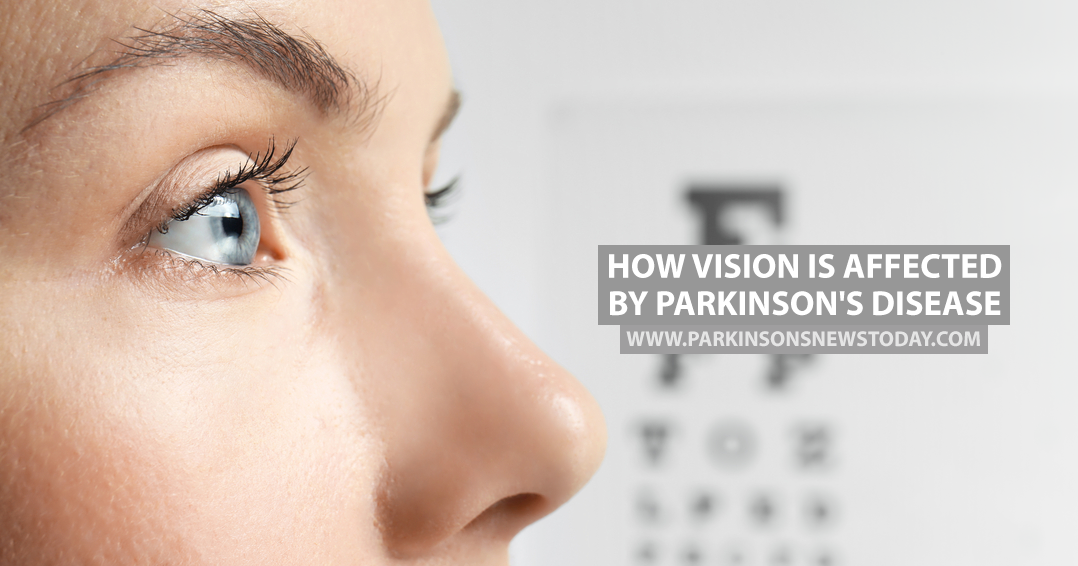How Vision Is Affected by Parkinson’s Disease
Written by |

Many people living with Parkinson’s disease experience vision and eye problems. Some of the issues are a direct symptom of the disease, whereas others may be a side effect of medication taken to help treat Parkinson’s.
MORE: How does Parkinson’s disease affect the brain?
According to the National Parkinson’s Foundation, there are some common vision problems associated with Parkinson’s disease. Double vision can occur when the eyes begin to have trouble working in unison, which is referred to as convergence insufficiency. Some Parkinson’s disease medications can also produce the same effect. The problem can be rectified with either a change of medication or with special eyeglasses containing prisms. Many medications can also cause blurred vision for Parkinson’s patients and many will also suffer from dry eyes and decreased blinking.
Less commonly, people living with Parkinson’s may also experience involuntary closing of the eyes. This can happen for a number of reasons, many of which are not related to Parkinson’s at all, including nerve or muscle damage around the eye, inflammation of the eye, or damage to the eye. Parkinson’s patients are advised to see an ophthalmologist to determine the cause of the problem. There are medications that can help with the issue and if they don’t work, some patients may be advised to try botox.
MORE: The evolution of treatment for Parkinson’s disease
Parkinson’s News Today is strictly a news and information website about the disease. It does not provide medical advice, diagnosis or treatment. This content is not intended to be a substitute for professional medical advice, diagnosis, or treatment. Always seek the advice of your physician or another qualified health provider with any questions you may have regarding a medical condition. Never disregard professional medical advice or delay in seeking it because of something you have read on this website.





